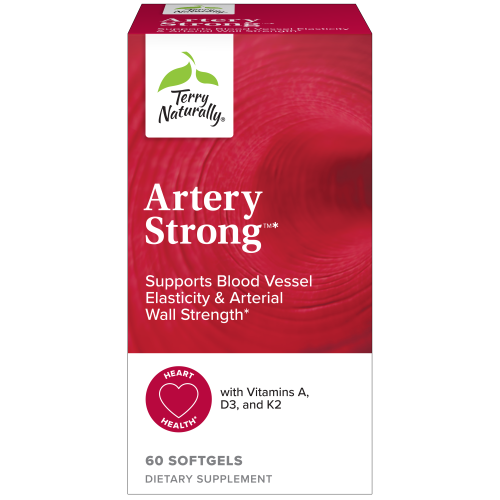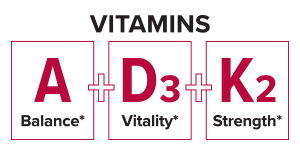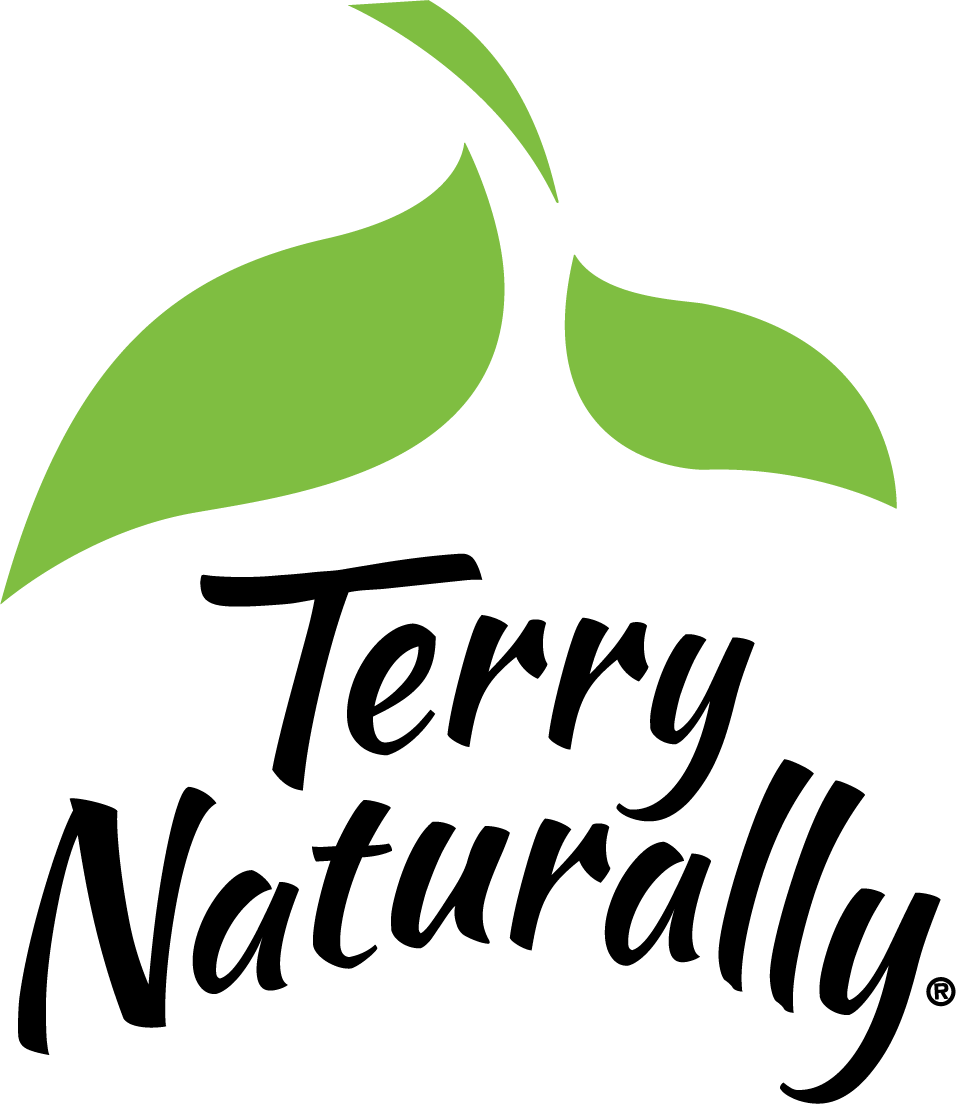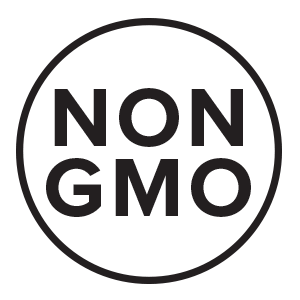Artery Strong™*

Supports Blood Vessel Elasticity & Arterial Wall Strength*
- SKU
- artery-strong
Product Description
- Blood vessel elasticity
- Arterial wall strength
- Balanced calcium levels for healthy arteries†
- Overall cardiovascular health*
Synergistic Nutrients in Superior Forms
Vitamins A, D3, and K2 are essential to vascular health and work together to support balanced calcium levels for healthy arteries.
Vitamin A: Retinol is superior to beta-carotene—it’s the real vitamin A that your body doesn’t need to convert. This concentrated form supports vitamin D balance, so both work better.*
Vitamin D3: This essential vitamin is needed for healthy blood clotting, strong blood vessel walls, healthy blood pressure, and heart muscle vitality.*†
Vitamin K2: This crucial nutrient supports vascular integrity and strength. MenaQ7® is a clinically studied form of vitamin K2 that works with your body to support balanced calcium levels for healthy arteries.*†

Supplement Facts
Supplement Facts
| Ingredient | Amount/Serving | Daily Value |
|---|---|---|
| Vitamin A (as retinyl palmitate) | 1,500 mcg (5,000 IU) | 167% |
| Vitamin D3 (as cholecalciferol) | 125 mcg (5,000 IU) | 625% |
| Vitamin K2 [as menaquinone-7 (MK-7 as MenaQ7®)] | 90 mcg | |
|
||
Take 1 softgel daily. May take 1 softgel twice daily.
If pregnant or nursing, consult a healthcare practitioner before use.
FAQ
Frequently Asked Questions
What type of vitamin A is better, retinol or beta-carotene?
Retinol is the active form of vitamin A in the body, so it’s easy for your body to use. Beta-carotene is actually a “provitamin A,” a precursor of vitamin A that must be converted to vitamin A in the body. Beta-carotene's rate of conversion can be highly variable, with significant differences depending on source, preparation, and individual digestive and absorption differences. In fact, experts estimate that the conversion rate may be 12:1 or higher.
What’s the difference between vitamin K1 and vitamin K2?
Vitamin K gets its name from the German word “koagulation” because it was originally recognized for its importance to blood clotting. Eventually, two forms of vitamin K were identified, vitamin K1 (phylloquinone) and vitamin K2 (menaquinone). Much like the B vitamins, each form of K plays its own unique role in the human body. K1 is needed for coagulation. K2 is important for bone and cardiovascular health. In fact, the Rotterdam Study, a large, population-based study of older adults, found that vitamin K2 demonstrated significant support for cardiovascular health, but vitamin K1 did not.*
I've heard that there are different sources of vtiamin K2. Can you tell me the difference? Is one source better than another?
Yes, there are different sources of vitamin K2. Both menaquinone-7 and menaquinone-4 are forms of vitamin K2 that are used in supplements. We chose menaquinone-7 because clinical studies have shown that it is more absorbable than menaquinone-4 and stayed in the body longer.



